Best Platforms To Create And Sell Online Courses
September 27, 2024



 Education & Online Courses,ELearning
Education & Online Courses,ELearning

In today’s digital age, creating and marketing online courses is a profitable and powerful way to share information. Whether you’re an entrepreneur, educator, or professional looking to monetise your skills, a variety of platforms make it easier to create and market course content. With increased demand, the right platform to sell online courses is more important than ever for educators and businesses alike. As a result, it is recommended to consider running online course platforms. People with good teaching experience and an interest in sharing their skills can apply to become Digital Teachers. Selling courses online has enabled many educators to interact with worldwide audiences. Creating and selling courses online entails a variety of technical aspects, including domain and web hosting, website design, payment gateways, content details, video, and more. Online course selling platforms include all of these tools, so all you have to do is create courses that students will find useful.

How To Sell Online Courses
When you are ready with your online courses, it is time to push ahead with the groundwork to make it available to more individuals. So the platform is just your website. Having a platform for selling online courses simplifies and streamlines the process. There is no need to be afraid because this does not require any technical abilities beyond coding. Yes, you read that correctly—it takes no coding skills.
Take a look at platforms for selling online courses
Digital Class – Educational Marketplace
Digital Class is India’s first educational marketplace allowing course suppliers, students, coaching institutes, schools, colleges, universities, YouTubers, tutors, and live classes to search and connect in one place. This online course selling website enables anyone to teach and sell recorded and live training courses, and students can purchase a variety of courses by comparing tutor profiles, pricing, discounts, and other characteristics via the advanced filter option. Digital Class is designed to assist folks in finding the greatest teachers and courses, as well as to quickly connect teachers and students using the best Learning App. Digital Class is an online training platform that empowers teachers to build a global community and teach students in an interactive manner.
Apart from offering your online courses, Digital Class empowers to educators or coaching schools to develop excellent no-code websites and Institute Management Software to administer their institutes smoothly. Learn how an all-in-one solution can help improve your educational business. It is the future of e-learning and the most useful platform for tutors to Sell online courses. The most important aspect to highlight is that teachers can reach students worldwide by selling courses online in many languages.

You can schedule sessions at any time and from any location, which might save you time. An additional advantage of the Digital Class is that it provides an excellent platform for selling online courses for teaching various education subjects, regardless of whether you are a Youtuber, an institution’s owner, or the owner of your own educational website. Because you can sell your course online for the best price on the market, this will help you generate extra revenue. Through this, students can learn different types of online courses from multiple tutors. They are able to select the course they want to take and receive their certificate.
1. Udemy
Overview
Udemy is one of the largest online learning platforms, with millions of students and thousands of courses in virtually every subject. It’s ideal for creators who want to reach a broad audience without having to market their courses independently.
Why Choose Udemy?
Massive Audience: Udemy’s established user base gives creators instant exposure.
Course Variety: Whether you’re teaching coding, music, or business skills, Udemy supports various course types.
Easy-to-Use Tools: The platform offers built-in features like quizzes, downloadable resources, and assignments.
Marketing: Udemy provides built-in promotional features like discounted course pricing and seasonal sales, helping increase visibility.
Drawbacks
While Udemy Coupon Code is fantastic for course creation, it retains significant control over pricing and promotions, sometimes leading to steep discounts on your courses.
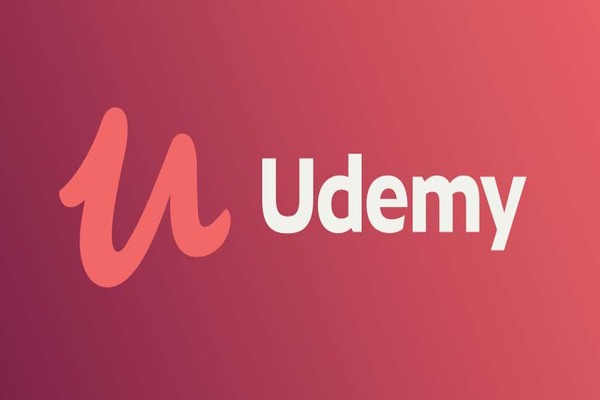
2. Domestika
Overview
Originally a platform for creatives, Domestika has grown into a space where both designers and general users can find courses on everything from photography to design and even personal development.
Why Choose Domestika?
Niche Focus: If your expertise lies in creative fields, Domestika is one of the best platforms to host your courses.
Professional Production: Domestika encourages high-quality video and audio, leading to more polished courses.
Engaged Community: Domestika’s community-based approach ensures that students are active and engaged.
Drawbacks
Since Domestika targets a more specific audience, it might not be ideal for topics outside of design, arts, or creative fields.

3. Eduonix
Overview
Eduonix is a growing platform known for its tech and development courses. Its primary focus is on professional development in fields like software engineering, data science, and IT.
Why Choose Eduonix?
Tech-Savvy Audience: If your expertise lies in programming, development, or IT, Eduonix offers a highly targeted user base.
Course Bundles: Creators can package multiple courses into bundles, encouraging students to take more than one.
Project-Based Learning: Eduonix focuses on hands-on learning, which increases the value of practical and applied courses.
Drawbacks
Eduonix is niche, so if your courses are outside the tech and development sphere, it may not be the best platform for you.
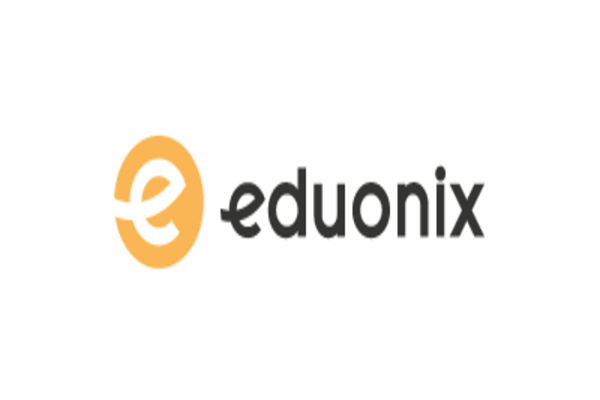
4. Edureka
Overview
Edureka is an interactive learning platform designed for professionals in IT, data science, AI, and more. It combines live instructor-led sessions with a focus on certification and career advancement.
Why Choose Edureka?
Live Classes: Unlike pre-recorded courses, Edureka allows for live interaction between instructors and students.
Certification Focus: Edureka specializes in professional certification, making it attractive for students looking to advance their careers.
In-Depth Subjects: Edureka’s courses are known for their depth and thoroughness, making them highly valuable to professionals.
Drawbacks
The platform’s focus on live sessions requires more upfront effort and time commitment from instructors.
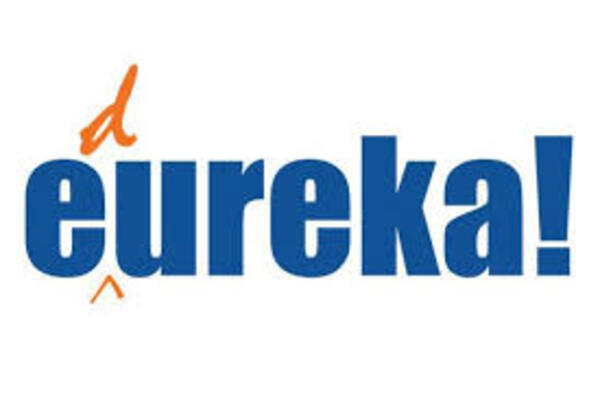
5. eDX
Overview
eDX, founded by Harvard and MIT, provides courses from some of the world’s top universities. It focuses on higher education, offering a variety of courses, certifications, and even degree programs.
Why Choose eDX?
Prestigious Partnerships: Partnering with renowned universities and institutions adds credibility to your course.
Diverse Subjects: Whether you’re an expert in humanities, science, or professional development, eDX offers a wide range of subjects.
Certification: eDX courses can often lead to professional certifications and even degree credits, making them highly attractive to learners.
Drawbacks
As eDX is geared more toward university-level education, it might not be the best platform for more casual or hobbyist subjects.
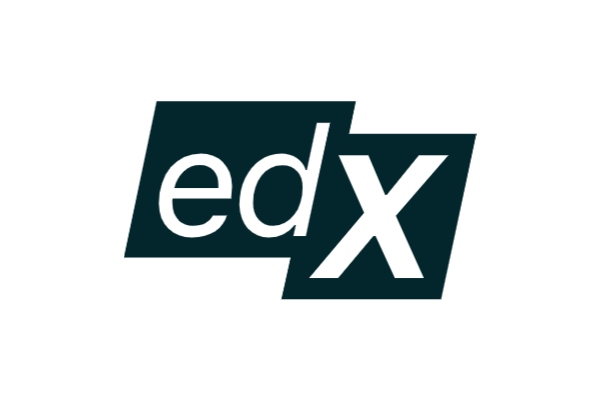
6. Datacamp
Overview
Datacamp specializes in courses related to data science, AI, and analytics. It is designed for students and professionals who want to build practical skills in data-driven fields.
Why Choose Datacamp?
Hands-On Learning: Datacamp focuses on interactive and project-based learning, especially for coding and data analysis.
Targeted Audience: If you have expertise in data science, machine learning, or related fields, Datacamp offers access to a highly specific audience.
Self-Paced Courses: Students can move at their own pace, which adds flexibility for learners and reduces the pressure on instructors.
Drawbacks
Datacamp’s focus is narrow, making it unsuitable for instructors outside the data and tech industries.
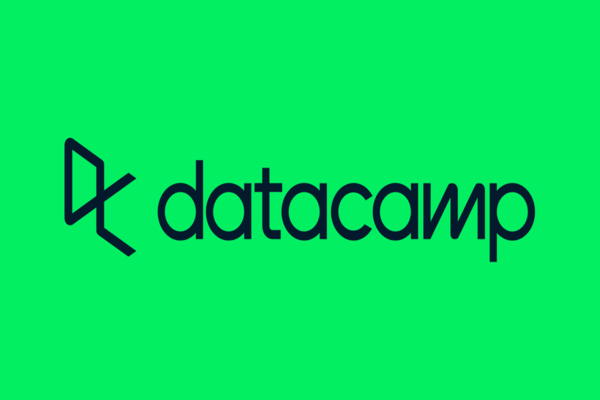
7. Coursera
Overview
Coursera is a renowned platform that partners with universities and institutions to offer professional and academic courses. Like eDX, Coursera provides everything from free lessons to full degrees.
Why Choose Coursera?
Credibility: Being affiliated with world-class universities and corporations lends your course significant credibility.
Wide Reach: Coursera’s global audience gives your course exposure to students from all over the world.
Flexible Pricing: Coursera offers various monetization models, from free courses to paid subscriptions and degrees.
Drawbacks
Coursera’s application process is stringent, and it is more difficult to get approved as an independent creator compared to other platforms.

8. Teachable
Overview
Teachable allows creators to build and sell online courses independently, giving them complete control over pricing, marketing, and student engagement.
Why Choose Teachable?
Full Control: Teachable offers complete flexibility in pricing, course structure, and promotion, making it ideal for entrepreneurs.
Custom Branding: Unlike marketplaces like Udemy, Teachable allows creators to customize their course site to match their brand.
Monetization Options: Creators can offer courses as one-time purchases, subscriptions, or even offer coaching services.
Drawbacks
With great control comes great responsibility. Unlike Udemy or Coursera, Teachable doesn’t market your course for you, so you’ll need to handle promotions independently.
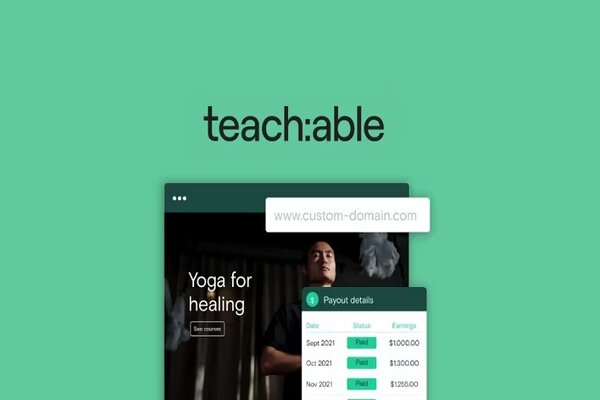
In summary
Your topic matter, target audience, and business objectives will all play a major role in selecting the best platform for developing and marketing your online course. Online learning environments such as Udemy, Coursera, or eDX may be perfect if you want widespread exposure. Domestika might be the best option for people in creative industries, but Teachable gives you the most control over the content and cost of your courses. The greatest platforms for professionals aiming to target niche markets like IT and data science are Datacamp, Eduonix, and Edureka. To choose which platform is appropriate for your course and audience, carefully weigh the advantages and disadvantages of each.
FAQs
Which platform is better for online courses?
The best online course platforms allow you to prepare the course with ease and teach the students in less time. Also, it helps in selling the courses through automated mode.
Some of the best platforms for online courses are Digital Class, Thinkific, and Udemy. Teachable and Podia.
To achieve great results you need to create effective course content. You must organize it using the right tools and share it with the students in the best possible way. Thus, you must pick the platform which helps you in the process of online course creation.
For example, if you are planning to sell online photography courses, you must check out features like WordPress integrations or the Mailchimp option.
How do I sell a course online?
To sell a course online you must consider the following steps.
Here are some steps to follow
Create valuable course content.
– Audience identification.
– Visit forums where your target learners are.
– The material must be pitched appropriately.
Write compelling content.
– There must be a clear why they need to learn it.
– Make it possible to be interactive.
– Don’t write unnecessary content.
Identify the cost involved in developing the course (the ideal expense is $200)
– Check on the expenses for researching
– Content development
– marketing
List down the software and equipment required for course development.
– Microphones
– Webcam
– Editing software
– Headphones
Differentiate your course
– Do one thing but nicely
– A special feature
– The audience should get a learning path
– Course completion certificates
Marketing
– Creating a website
– Using social media platforms
Set pricing and strategies for your course-selling brand
Integrate with tools like Mailchimp, WordPress, and such.
Which app is best for online teaching?
This is the era of using apps whether it is for playing or teaching. When you are an independent instructor using these apps becomes more than necessary. It has helped in converting mobile phones into virtual classrooms.
There are various apps like Digital Class, Udemy, Google Classroom, and edX which you can choose from. These educational apps have made teaching simpler and more interesting. You can find that such apps consist of advanced learning management software.
The benefit of using online teaching apps is you can use new learning techniques, interactive teaching, and unlimited access to online courses.
How much does it cost to develop an online course?
Online course development involves complex procedures. Also, the price for course creation differs according to the platform you select. Other factors that can affect your cost are the content of the course, the software used, and the industry price.
On average developing e-Learning content for 1 hour would cost around $8,150-$36,205. A skilled developer may take less time to develop it with a cost of less than 30% of the actual cost. Hence, you must also see what should be the length of the course and how many mediums you are using for sharing it.

Leave a Comment